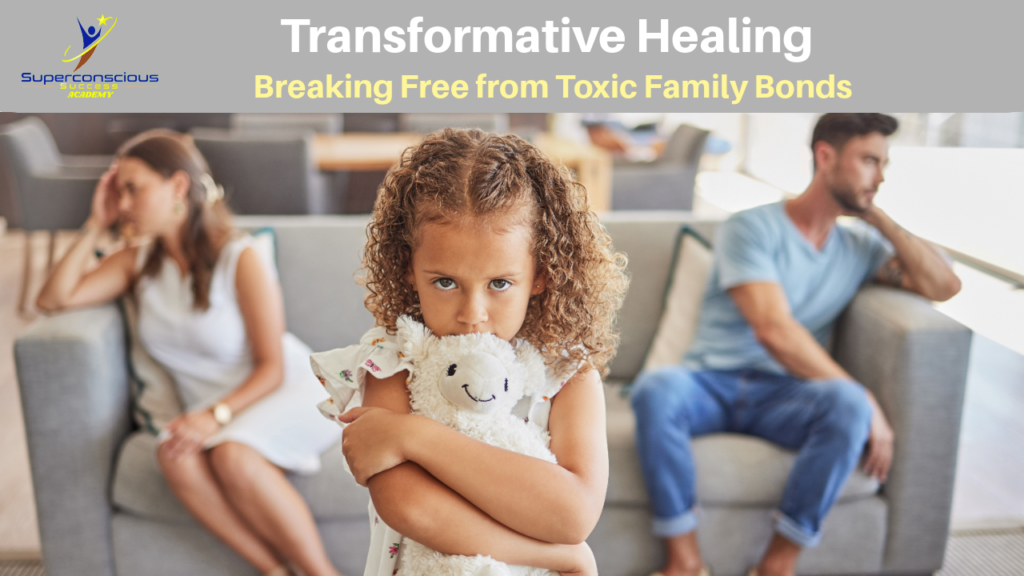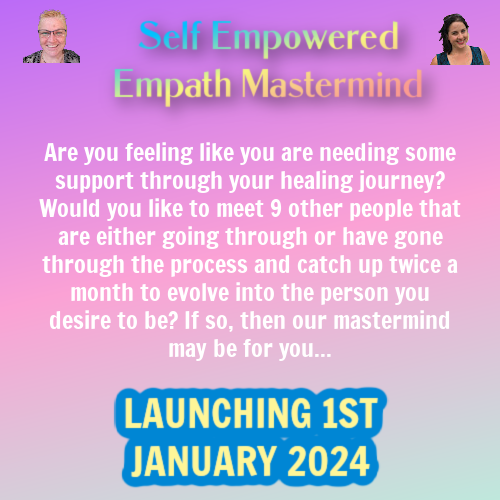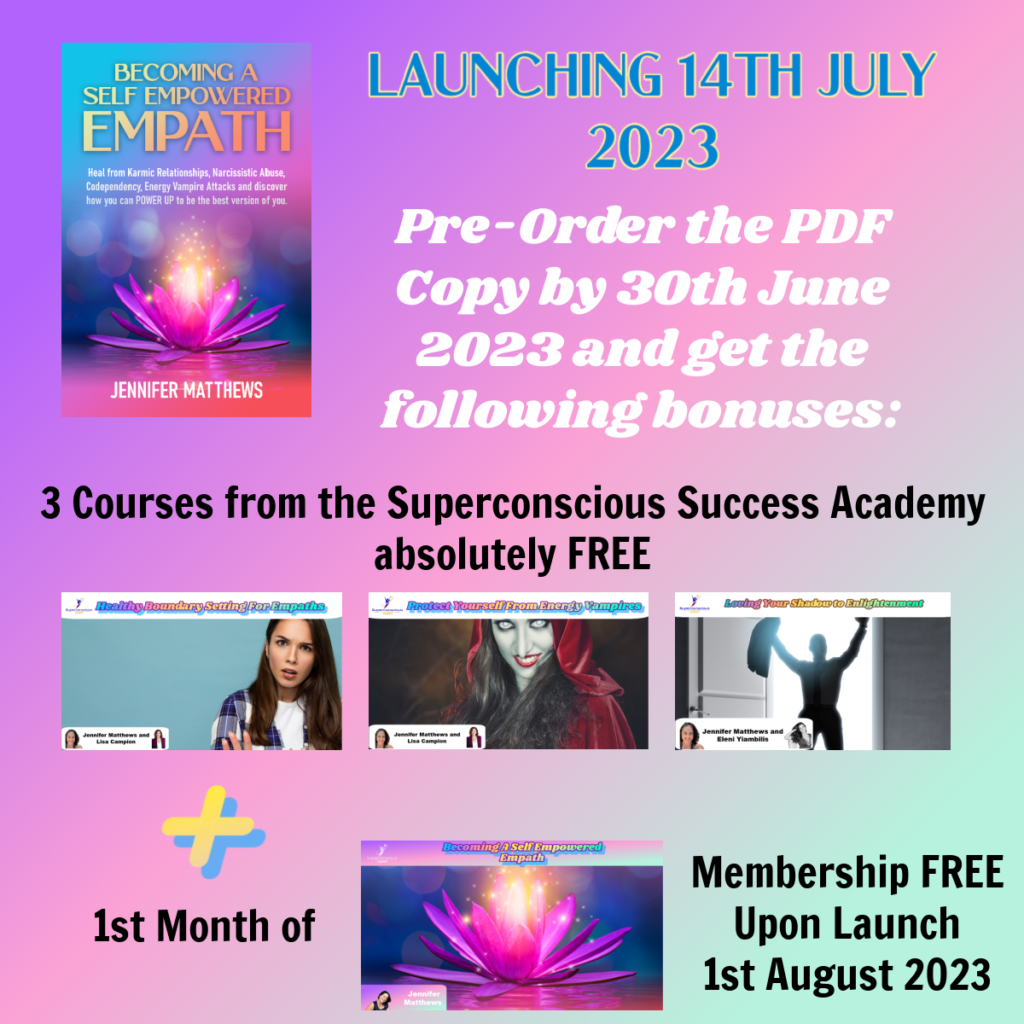
In this blog post, you’ll learn valuable information and strategies to navigate toxic relationships and the emotional challenges they bring. We’ll explore the impact of toxic relationships on your well-being, including the development of PTSD and its effects. You’ll discover coping mechanisms for anxiety and depression, tips for restoring emotional well-being, and building resilience after trauma. Join us on this transformative journey towards healing and a healthier future.
5. Identify Your Needs
- 1. Introduction to Toxic Relationships and PTSD
- 2. Dealing with Anxiety and Depression after Toxic Relationships
- 3. Tips for Healing and Restoring Emotional Well-being After Experiencing Trauma
- 4. Develop Your Own Self Care Plan after being in Toxic Relationships
- 5. Identify Your Needs
- 6. Building Resilience and Emotional Strength after Toxic Relationships
Reflecting on various aspects of our lives can help uncover areas that may require extra care and attention. Taking a holistic approach, it is essential to consider our physical, emotional, social, and spiritual well-being.
Physical Needs
Pay attention to your body and assess if there are any areas where extra care is needed. This can include factors such as exercise, nutrition, and rest. Are there any health concerns that require your attention? Consider consulting with a healthcare professional to address any physical issues you may have.
Emotional Needs
Our emotional well-being plays a crucial role in our overall happiness and fulfillment. Take a moment to reflect on your emotions and assess if there are any areas that need attention. Are there any unresolved issues, past traumas, or recurring negative thoughts that may be impacting your emotional well-being? It can be helpful to seek support from a therapist or counselor to explore and work through these areas.
Social Needs
Our relationships with others greatly influence our well-being. Take time to evaluate your social connections and consider if there are any toxic relationships that are having a negative impact on you. Surrounding yourself with positive and supportive people who energize and inspire you can contribute to a healthier social well-being.
Spiritual Needs
Nurturing your spiritual well-being can provide a sense of purpose and clarity. Reflect on your beliefs, values, and personal philosophies. Are there any practices or rituals that resonate with you and align with your spiritual beliefs? Engaging in activities such as meditation, prayer, or spending time in nature can help cultivate a stronger connection to your spiritual self.
By examining these different aspects of your life, you can gain a clearer understanding of your needs and areas that require extra care. Remember, taking care of yourself is not selfish but a necessary step towards leading a balanced and fulfilling life.
Start Small
Begin with one or two self-care activities, such as taking a relaxing bath or going for a walk in nature. These small actions can have a positive impact on your well-being and set the foundation for a healthy routine.
As you start to prioritize self-care, gradually expand your routine over time. Experiment with different activities that bring you joy and help you recharge. This could include practicing yoga or meditation, journaling, painting, or indulging in a hobby you’ve always wanted to try.
Remember, self-care looks different for everyone, so find what resonates with you.
It’s also important to decrease the time and energy invested in toxic relationships. Consider setting boundaries, expressing your needs, or seeking professional guidance if necessary. Redirecting your energy towards nurturing connections that support your well-being contributes to a more positive and fulfilling life.
Building a self-care routine takes time and effort, but it’s worth it. Be patient with yourself and celebrate the progress you make along the way. Your well-being is worth investing in.
Set Realistic Goals
Aligning goals with your lifestyle and priorities is crucial for personal fulfillment and success. It allows you to focus efforts, maximize productivity, and create a roadmap towards desired outcomes.
Consider time constraints and resources when aligning goals with lifestyle. Balance work, personal life, and self-care by effective planning and prioritization. Reflect on activities that bring joy and make space for them. Leverage available resources like finances, skills, and support systems to reach your goals.
Toxic relationships negatively impact overall well-being. Identify and minimize toxic influences by setting boundaries and engaging in open communication. Prioritize mental and emotional well-being by surrounding yourself with positive and supportive individuals. Invest in self-care activities, boosting overall well-being and resilience.
Aligning goals with lifestyle and prioritizing well-being is an ongoing process. It requires self-awareness, adaptability, and adjustments along the way. Create a harmonious and fulfilling life aligned with values and aspirations.
Experiment and Explore
Self-care is an essential practice that helps us prioritize our well-being and heal from the negative effects of toxic relationships. Exploring different self-care activities allows us to discover what truly resonates with us and provides the most effective healing. Here are some suggestions to consider:
- Mindfulness exercises: Engaging in mindfulness exercises can be incredibly beneficial for our mental and emotional well-being. Practices such as meditation, deep breathing exercises, or even mindful walking can help us ground ourselves in the present moment, reduce stress, and cultivate inner peace.
- Creativity: Channeling our energy into creative outlets can serve as a powerful form of therapy. Whether it’s painting, writing, dancing, or playing an instrument, expressing ourselves creatively allows for emotional release and gives us a sense of control over our own narrative.
- Physical activities: Engaging in physical activities not only benefits our physical health but also contributes to our mental and emotional well-being. Activities like yoga, jogging, dancing, or swimming can help release pent-up emotions, boost endorphins, and promote overall relaxation.
- Relaxation techniques: Taking time to relax and unwind is crucial for self-care. Experiment with different relaxation techniques such as taking warm baths, practicing deep relaxation exercises like progressive muscle relaxation, or indulging in activities that bring you joy and peace, such as reading a book or listening to soothing music.
Remember, self-care is a personal journey, and what works for one person may not work for another. Take the time to explore different activities, listen to your needs, and embrace what resonates with you. By prioritizing self-care, you are taking an important step towards healing and reclaiming your well-being.
Create a Routine
Setting aside dedicated time for self-care is crucial for your well-being and to distance yourself from toxic relationships. Committing to yourself is as important as committing to others. To maintain balance in your life, establish a regular self-care schedule.
Identify activities that bring joy, relaxation, and rejuvenation. Choose what resonates with you, like taking walks in nature, reading, meditation, practicing yoga, pursuing hobbies, or spending time with loved ones.
Allocate specific time slots in your schedule for these activities. Treat them as non-negotiable appointments with yourself. This sends a clear message that your well-being matters.
Self-care is not selfish; it’s necessary for a fulfilling life. It recharges, reduces stress, and helps maintain a positive mindset. It also creates healthy boundaries and distances you from toxic relationships.
Be flexible and adjust your self-care routine as needed. Listen to your body and intuition to determine what you need in each moment.
Consistency is key. Make self-care a regular part of your routine, not just an occasional indulgence. This builds a foundation of well-being and resilience that impacts all areas of your life.
Prioritize yourself. It’s not a luxury, but a necessity. Your self-care routine benefits you directly and allows you to show up as your best self in relationships and commitments. Embrace self-care wholeheartedly; you deserve it.
Be Flexible
Adjusting your self-care routine is vital to ensure your well-being, especially in the face of life changes or challenges. Prioritizing self-care without compromising your mental or physical health is essential, even when dealing with difficult situations or the pull of toxic relationships.
To adapt your self-care routine, regularly assess your needs and identify necessary changes. Stay attuned to your emotions, needs, and boundaries through self-reflection. Be flexible and open to adjusting your routine as what worked in the past may not work now.
When faced with toxic relationships or draining situations, establish firm boundaries or distance yourself. Surround yourself with supportive and positive influences for personal growth and self-care.
Explore new self-care practices that align with your current circumstances. This may include activities like meditation, journaling, exercise, or seeking professional help through therapy or counseling. Experiment with different strategies to discover what works best for you.
Remember, self-care is not selfish; it is fundamental for a balanced and fulfilling life. By continuously adapting your self-care routine to suit your changing needs, you prioritize your well-being while navigating life’s challenges.
Self-Reflection and Evaluation
Regularly assessing the impact of self-care practices is crucial for maintaining well-being and balance. Self-care can be transformative when dealing with toxic relationships, empowering us with tools to navigate difficult interactions. By observing the positive changes that self-care brings, we can improve our coping mechanisms.
One important benefit of self-care is increased awareness of boundaries. Through practices like journaling, meditation, or therapy, we understand our needs and limitations better, enabling us to establish boundaries that protect our mental and emotional well-being.
Self-care also improves self-esteem and self-confidence. Engaging in activities we enjoy, practicing self-compassion, and pursuing hobbies increase our self-worth. This newfound confidence can positively impact how we deal with toxic relationships, helping us become more assertive in expressing our needs and less affected by negativity.
Assessing the impact of self-care practices also helps identify areas for further growth and improvement. By acknowledging which self-care practices are most effective, we can fine-tune our routines to better address challenges in toxic relationships. Regular assessment empowers us to cultivate a healthier mindset and lead a more balanced lifestyle.
Seek Support and Accountability
Having a trusted friend, family member, or therapist by your side can make a significant difference in your self-care journey. They offer guidance, support, and a fresh perspective.
Toxic relationships are challenging to navigate alone, with complex emotions and manipulation. By involving someone you trust, you can process your emotions, find healthier ways to cope, and receive emotional support. They provide a safe space to open up and validate your experiences. Involving a trusted person also adds accountability, motivating you to stay committed to your goals. Reaching out for support shows strength and self-awareness so consider involving someone who cares about your well-being in your self-care journey. Their guidance and unwavering support can be transformative. Remember to prioritize your well-being, start small, set realistic goals, explore different activities, establish a routine, be flexible, self-reflect, evaluate, and seek support. By following these steps, you can develop a sustainable self-care routine.
5. Identify Your Needs
- 1. Introduction to Toxic Relationships and PTSD
- 2. Dealing with Anxiety and Depression after Toxic Relationships
- 3. Tips for Healing and Restoring Emotional Well-being After Experiencing Trauma
- 4. Develop Your Own Self Care Plan after being in Toxic Relationships
- 5. Identify Your Needs
- 6. Building Resilience and Emotional Strength after Toxic Relationships











